Social media intelligence and analysis carry risks. Even with the right skills and tools, you must be cautious about how you interact with the subject of your investigation. Working with highly trained analysts can help mitigate the risks of unethical behavior in litigation.
Unethical Behaviors in Litigation
When you collect social media evidence on your own, you expose your case to serious risks. It’s critical to consult an expert before conducting your own research.
One of the most common ethical missteps is “friending” the subject of your search to gain access to their private information. Attempting to connect with an opposing party—or worse, a judge—can be seen as inappropriate contact.
In some states, an online friendship between a lawyer and a judge may suggest the lawyer holds undue influence. In fact, there have been cases where judges were forced to recuse themselves because of a public online connection with the prosecutor.
Additionally, ethics rules prohibit attorneys from communicating with a represented party without permission from their counsel. Friending the subject online could violate these rules. The same restrictions apply to any agent acting on the lawyer’s behalf.
The risks aren’t limited to represented parties. Similar concerns arise when attempting to connect with unrepresented third parties, such as witnesses. Communicating online with a witness could breach ethical standards—especially if the goal is to access private postings that aren’t available to the public.
Even if private content could help your case, it must be obtained legally to be admissible in court. Any evidence collected under false pretenses is considered unethical—and may be excluded.
How Social Media Intelligence Experts Can Help
An expert in social media intelligence knows how to obtain publicly available information ethically and legally—without alerting the subject. This approach preserves the integrity of the investigation and protects the admissibility of the evidence.
In some cases, information uncovered through public posts may support the need for a subpoena to access private content. An expert analyst can provide the documentation needed to justify that request, ensuring each step follows legal protocols.
When done properly, social media analysis can be a powerful tool to strengthen your case. But it must be handled with care. Expert analysts are highly trained to gather evidence in ways that withstand legal challenges.
Don’t risk your case with unethical practices. Partner with a professional who can ensure your evidence is collected correctly—and stands up in court.
Want to learn more? Let’s connect!




